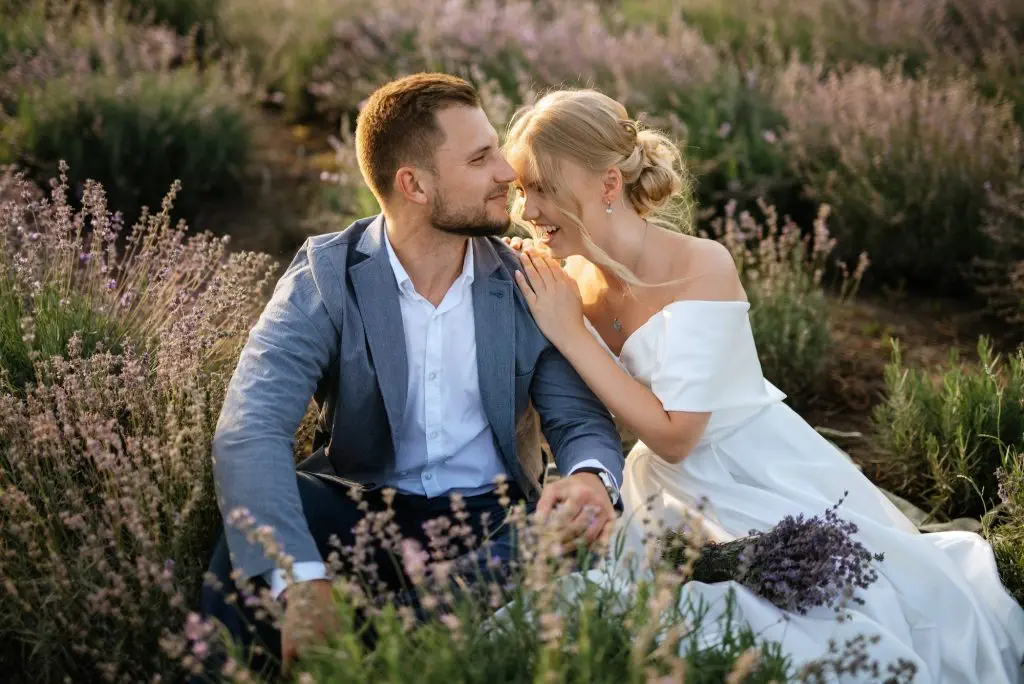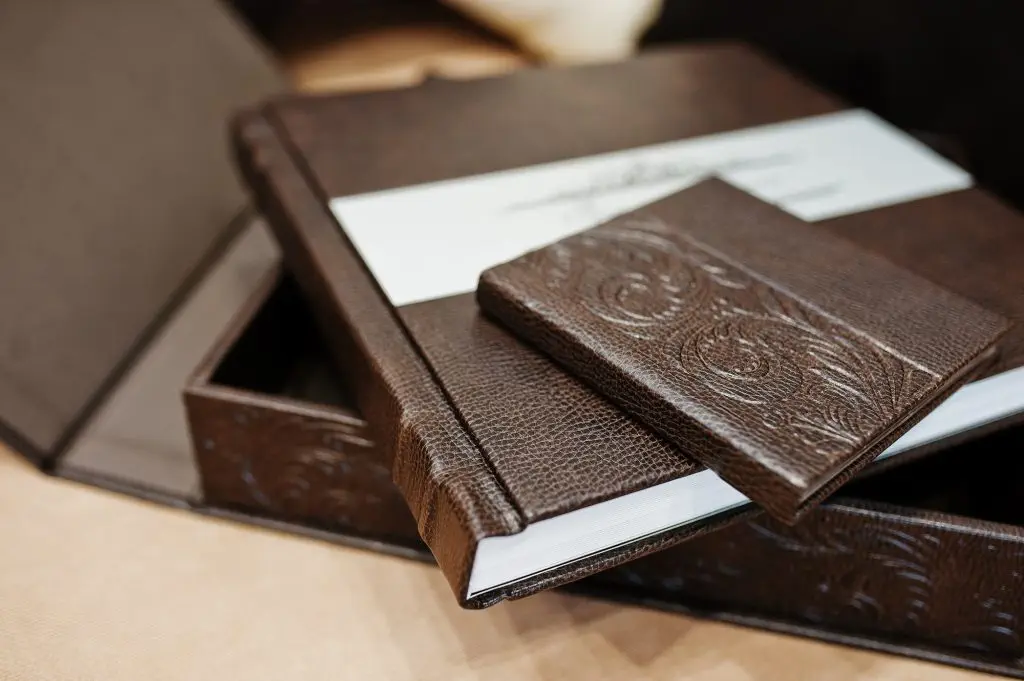Are you planning a wedding in New Hampshire? Are you looking for a wedding photographer, but not sure where to start? Do you want to know how much it costs to hire a professional photographer? In this article, we’ll answer them all!
These prices are based on a typical wedding in New Hampshire.

Before you can decide whether these prices are right for your wedding, it’s important to understand what weddings cost in general. The average wedding in the United States costs about $31,000, but that figure varies widely depending on location and attendance. In New Hampshire the average is closer to $26,000. The same goes for Massachusetts and Maine—so if you’re thinking of getting married in one of those three states with a small guest list (under 50), then this pricing structure should work well for you!
If you prefer something more traditional or would like an extended family-style celebration with lots of kids involved, consider moving to Washington State or Alaska where weddings tend toward the lower end of the scale due in part thanks to cheaper real estate prices near Seattle/Tacoma and Anchorage/Fairbanks respectively – both places also offer great local food options so guests are sure enjoy themselves during their visit!
Packages: $2,000 to $4,500
If you’re looking for a package that includes everything from the ceremony to the reception, packages are a great way to save money. Packages can be customized to fit your needs and will give you a better idea of how much each service costs.
Packages may include:
- A wedding photographer
- An assistant or second shooter (who helps with lighting and getting those perfect shots)
- Albums, prints, and other services
A la carte pricing: $300 to $800 per hour
It’s important to understand that a la carte pricing depends on the photographer’s experience and reputation. Photographers who have been in business longer, built up a good portfolio, and won awards typically charge more than newer photographers. While it might seem like you’re getting a better deal by hiring an experienced photographer at lower rates, keep in mind that they may be charging less for their services because their skills are not as advanced as those of other photographers with higher rates.
A la carte pricing can also be negotiated if you find yourself on the phone negotiating with a potential vendor about their services and rates. Don’t be afraid to ask if there is room for negotiation—many vendors will offer discounts or additional packages if they think they can make money from them down the road (or get referrals). Asking questions about these additional packages will help ensure that you’re paying only what you need to pay while avoiding buyer’s remorse later on when you realize how much money was wasted by being naive during negotiations.
Portrait sessions with an engagement session or day-after session: $500 to $1,500
An engagement session and a day-after session are both great ways to make sure you’re comfortable in front of the camera before your big day. Engagement sessions are usually done before the wedding, while day-after sessions are typically done the next day. The cost of these sessions can vary greatly depending on the photographer and how much work they do. It’s important to remember that these sessions are not necessary—they’re just an extra service offered by some photographers that allows clients to feel more comfortable with them in front of their lens prior to their wedding day.
Day-After Sessions: $200 to $2,000
Day-after sessions involve a photography session immediately after your wedding ceremony or party ends, when everyone is still dressed up from the festivities (or if you have multiple events planned for one night). These types of photo shoots often last about half an hour or so and may include family members who were unable to attend your event due to distance or other reasons as well as key people who were there but didn’t get photographed at all during formal portrait opportunities leading up until this point such as parents/grandparents/children etc…
Custom options, like albums and prints, will also affect your costs.

While most photographers offer albums and prints as add-ons to your package, they’re not included in the base package price. Many photographers will let you pick your own album design (which can be very pricey), so if you want an album that costs less than $100, you’ll have to get creative. You can also save money on the cost of a print by choosing the right image size for your home or office!
Remember: It’s always important to ask about custom options like albums and prints when talking with potential photographers. They might not be included in their base packages because they know that clients may want something different than what is offered out of the box—that way they don’t lose money on these items when clients choose something different than expected.
Wedding photography can be expensive but most newlyweds feel it’s worth it.
Wedding photography can be expensive but most newlyweds feel it’s worth it. The average cost of a wedding photographer in New Hampshire is $2500-$5000 and that doesn’t include the expenses you’ll pay for having them travel to your wedding site, which can add up if you’re getting married out of state or internationally. If this price range seems too steep for your budget, consider hiring an assistant who could shoot photos at half the cost of a full-time photographer.
This investment in your memories will never go down in value over time because wedding pictures are one of those rare things that have no expiration date—you can look back on them with pleasure for years to come! They’ll also provide an irreplaceable record of your special day and make great gifts for friends who weren’t able to attend (or missed some other important event), so think about how many people might be thrilled to receive these keepsakes from you when they come into stock next year…
Weddings are an expensive affair, but it’s worth it to invest in a photographer you trust. A good wedding photographer will capture the moments that matter most and be there to support you throughout the planning process.

